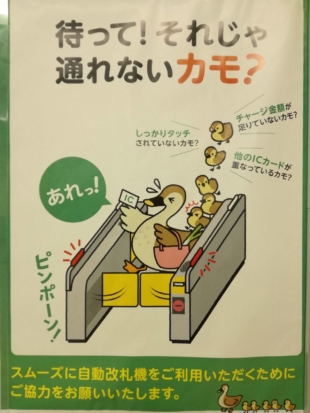A couple of weeks ago, my colleague Yuko Tamura wrote an insightful article about the many ways of abbreviating Japanese words and phrases. Today, I would like to follow up on this with a little overview of things abbreviated in the domain of grammar, where Japanese appears to be just as rigorous with cutting things out as it is with lexical expressions.
Our first exhibit is the negator ない (nai, not). When attached to a verb, the form is often reduced to a simple ん (n), as in 知らん (don’t know) or 要らん (iran, don’t need). By the same process, we also arrive at すまん (suman, sorry), derived from the apology formula すみません (sumimasen) via the informal すまない (sumanai).



















With your current subscription plan you can comment on stories. However, before writing your first comment, please create a display name in the Profile section of your subscriber account page.